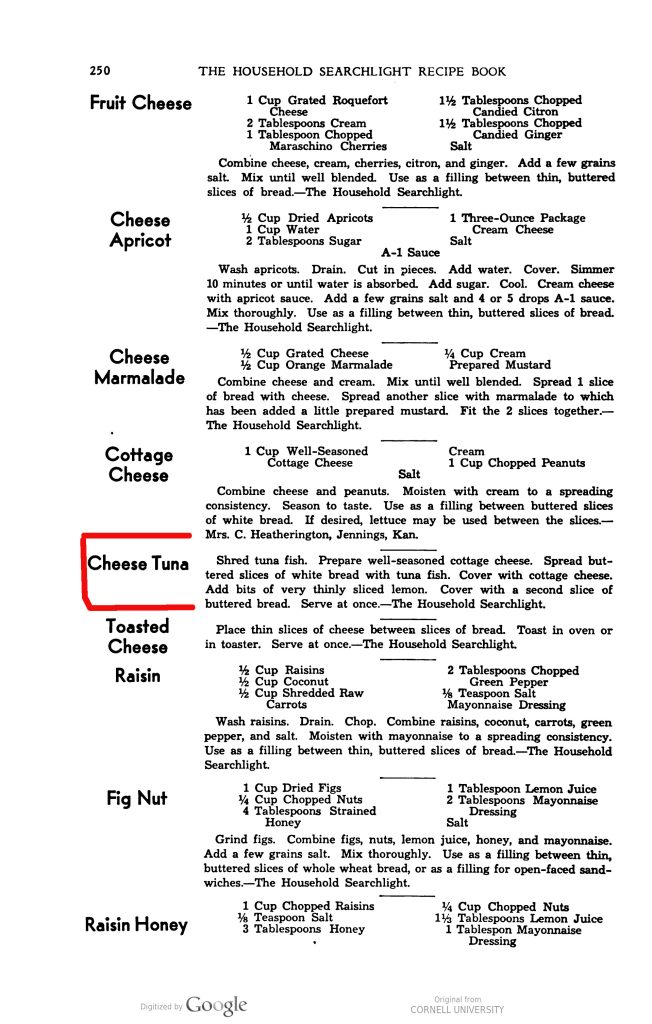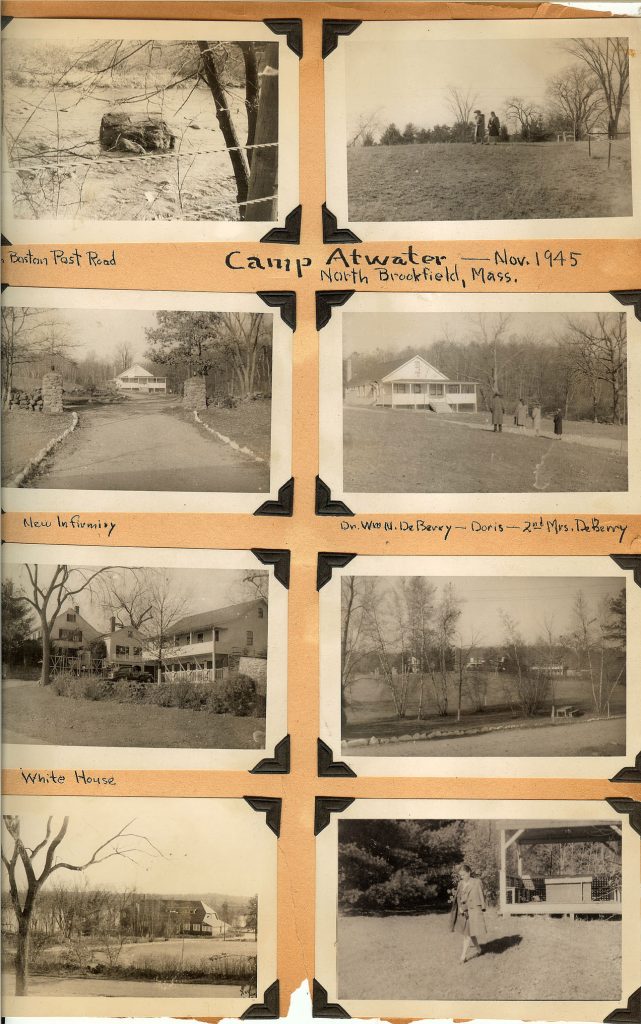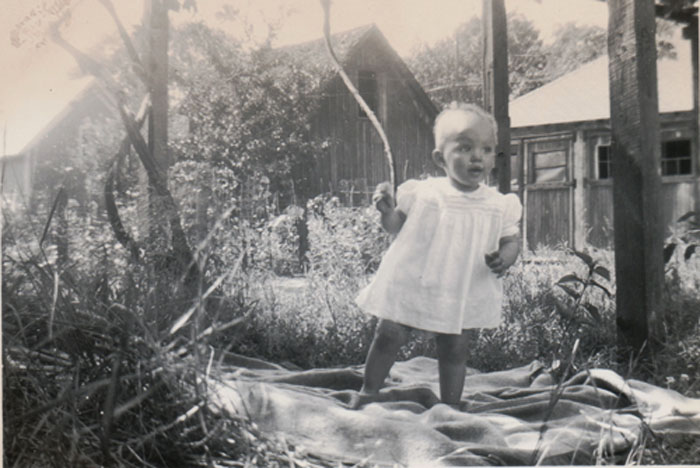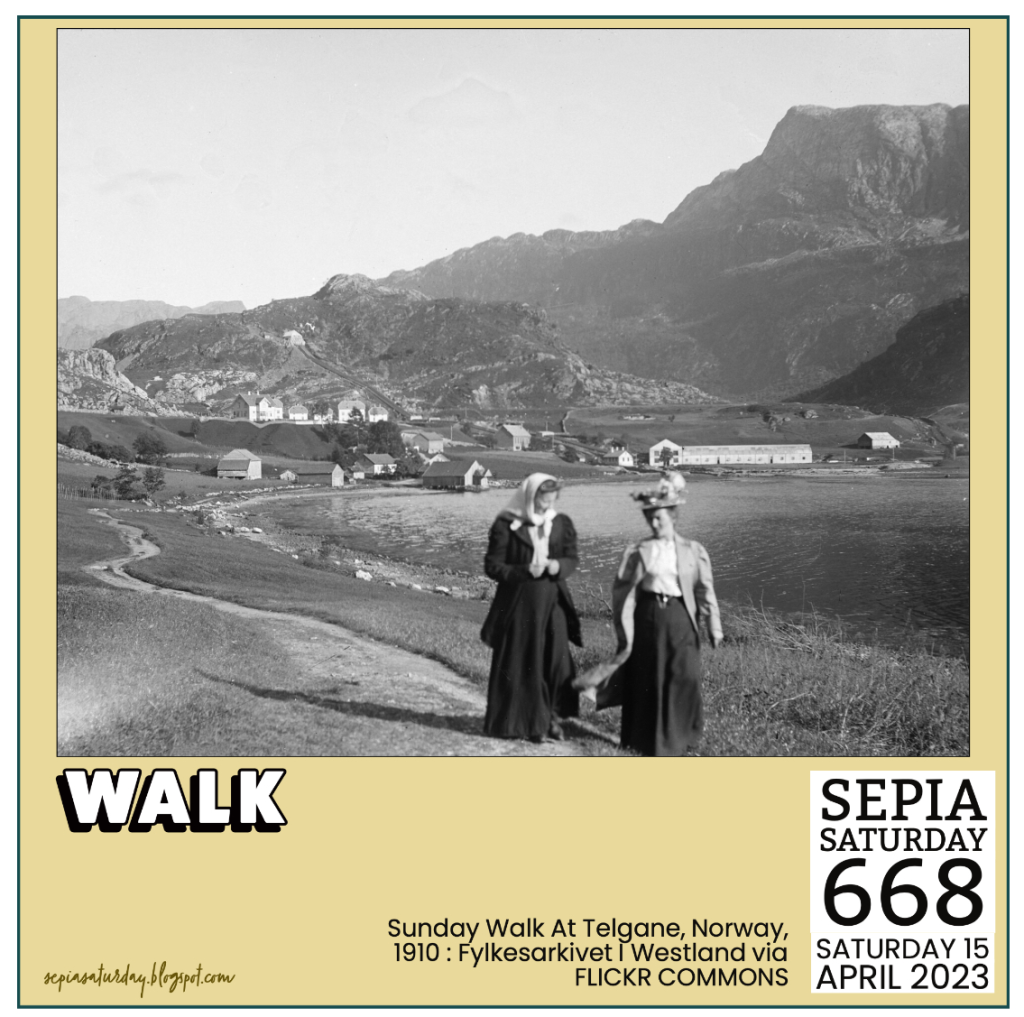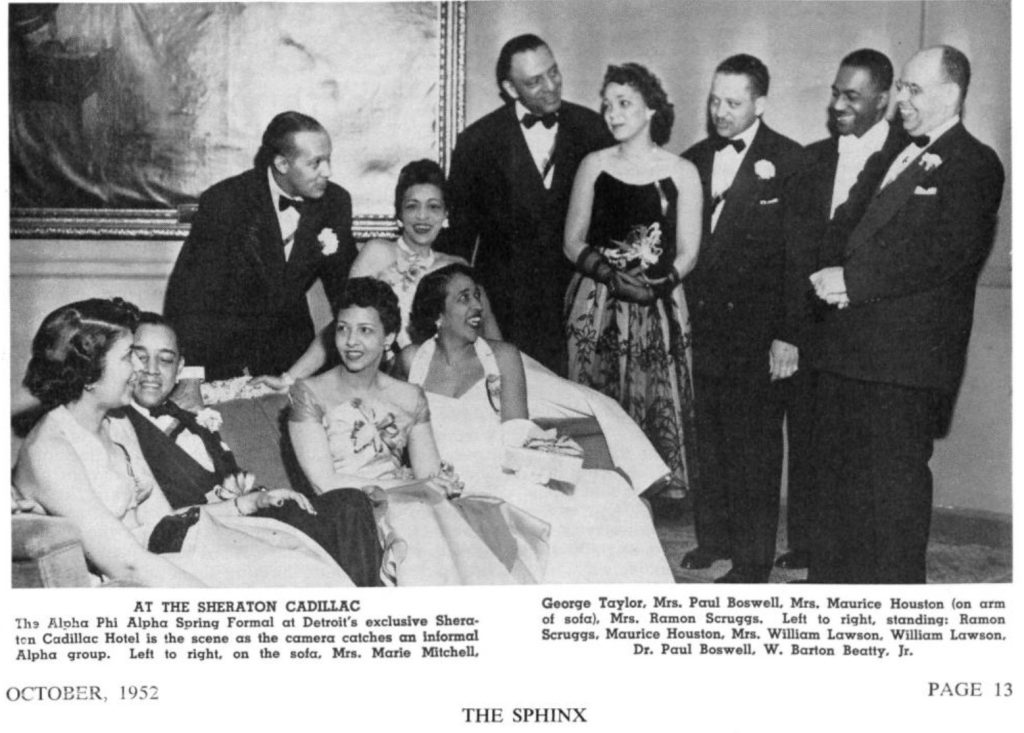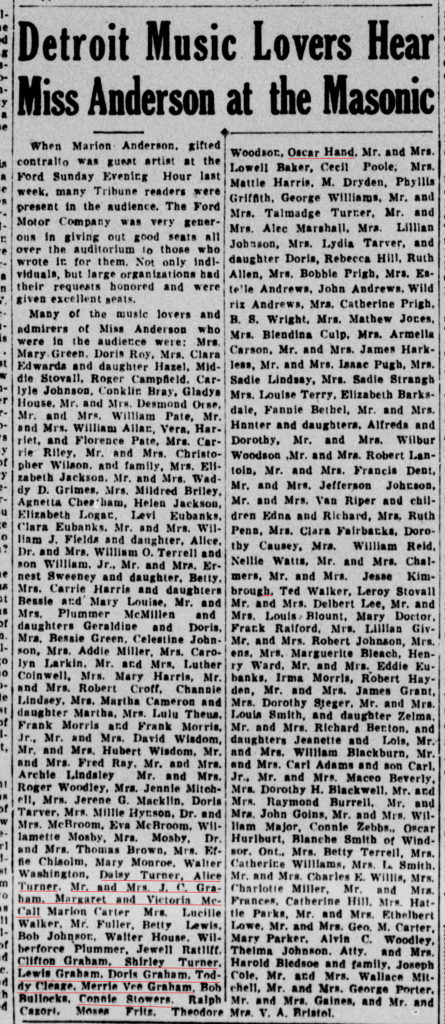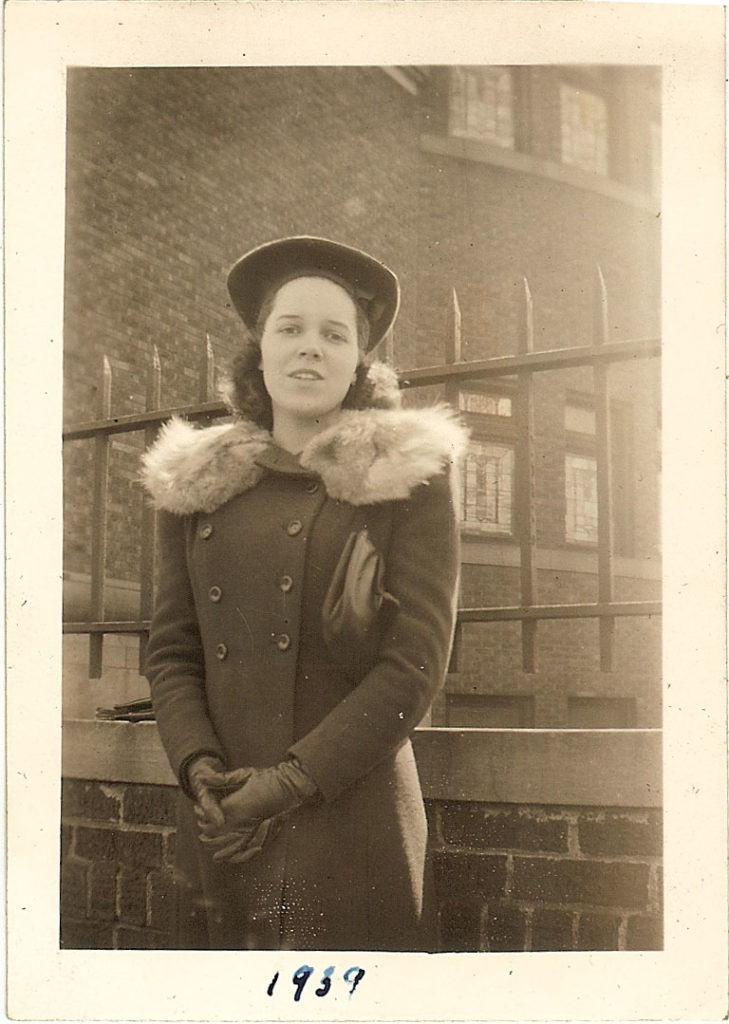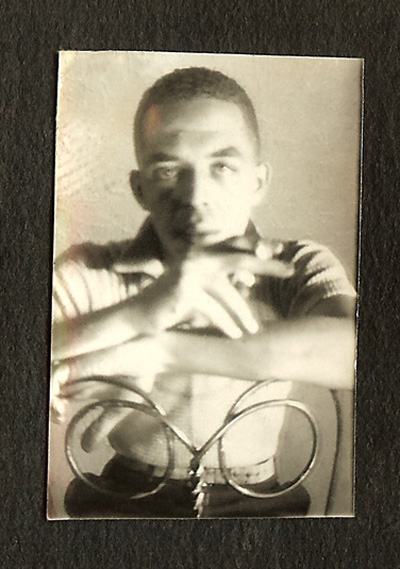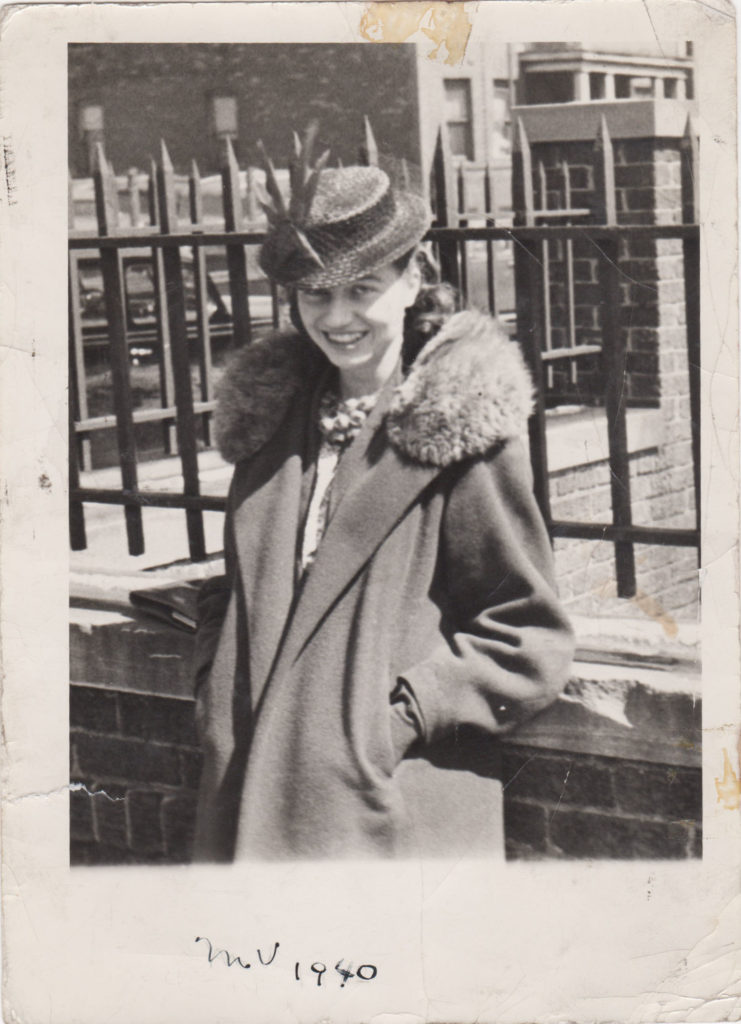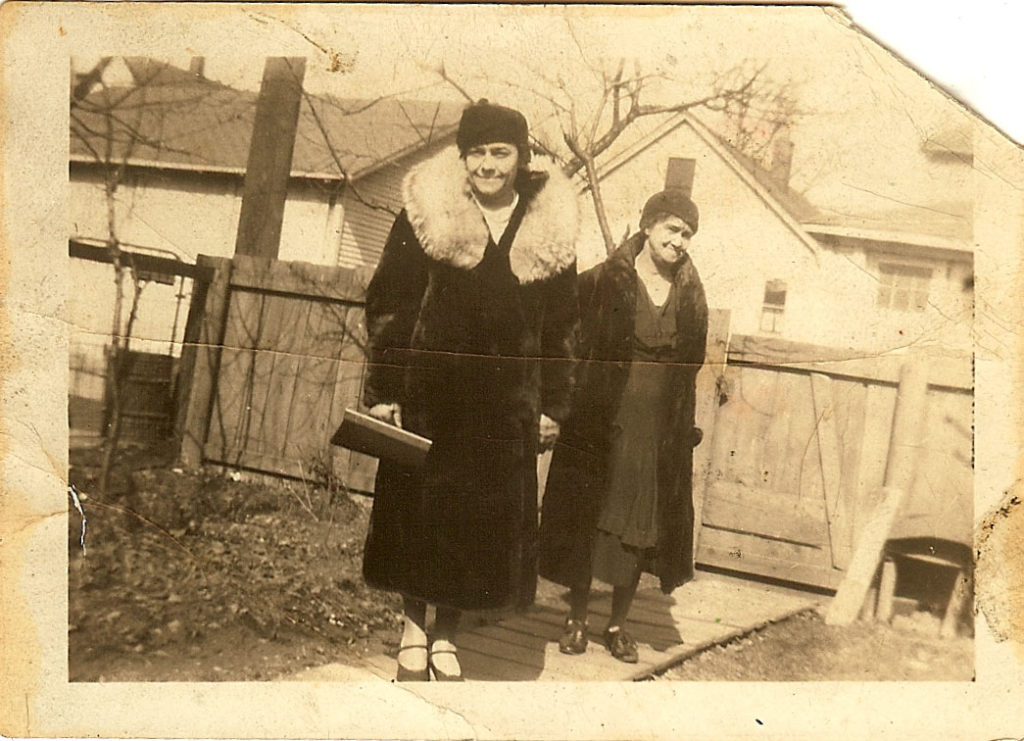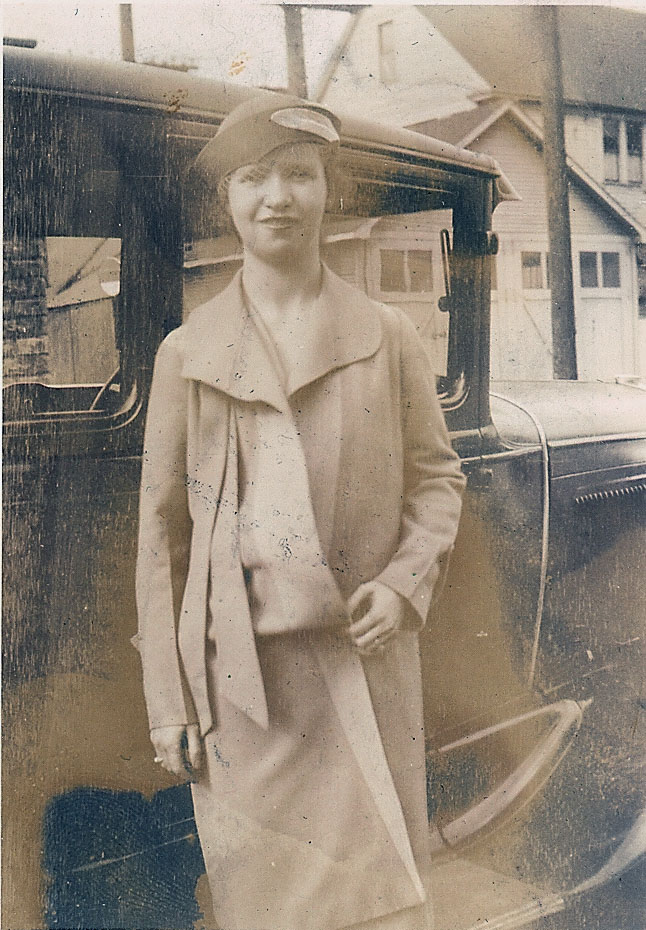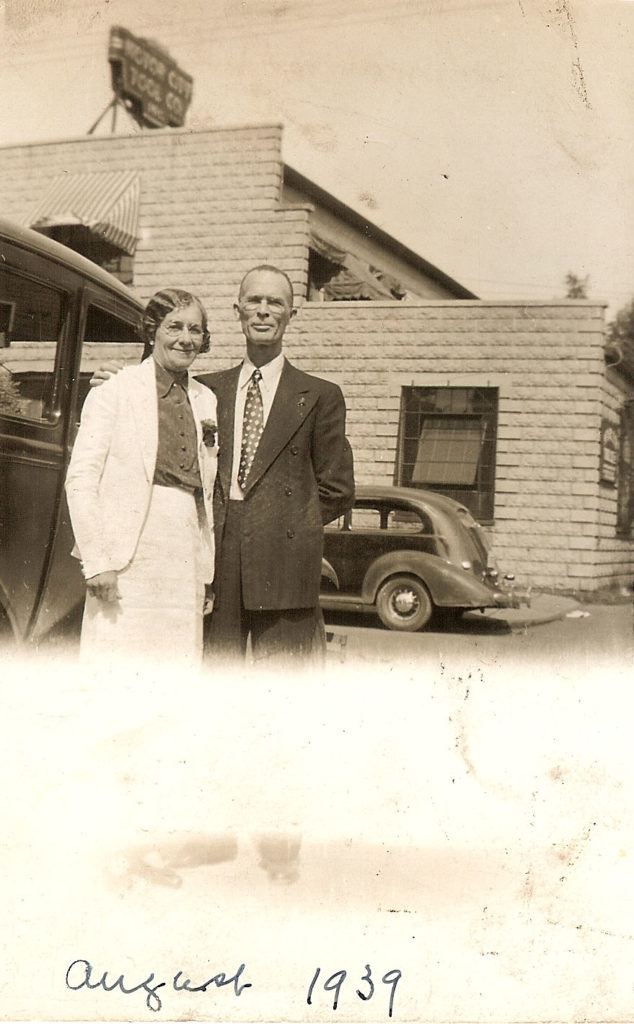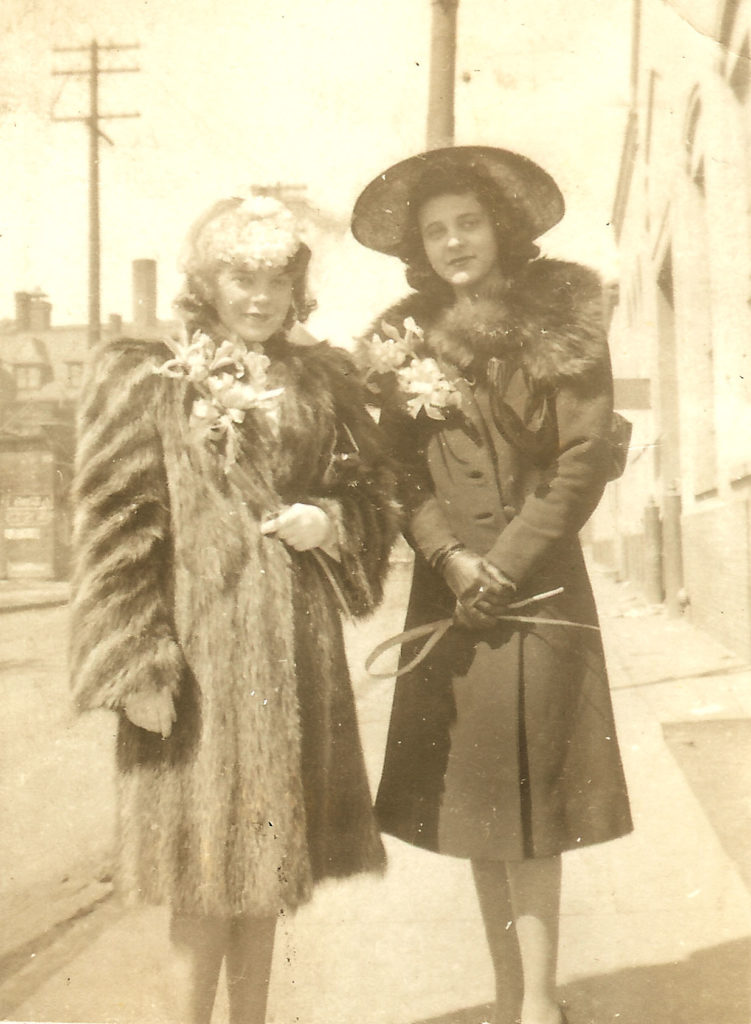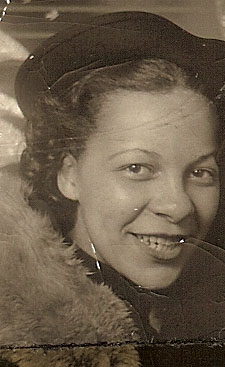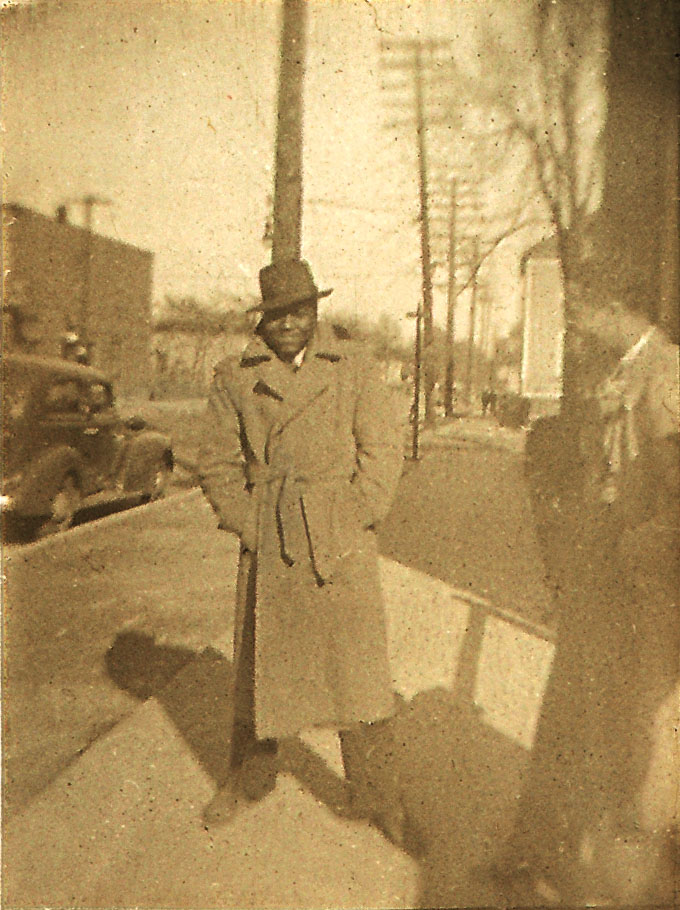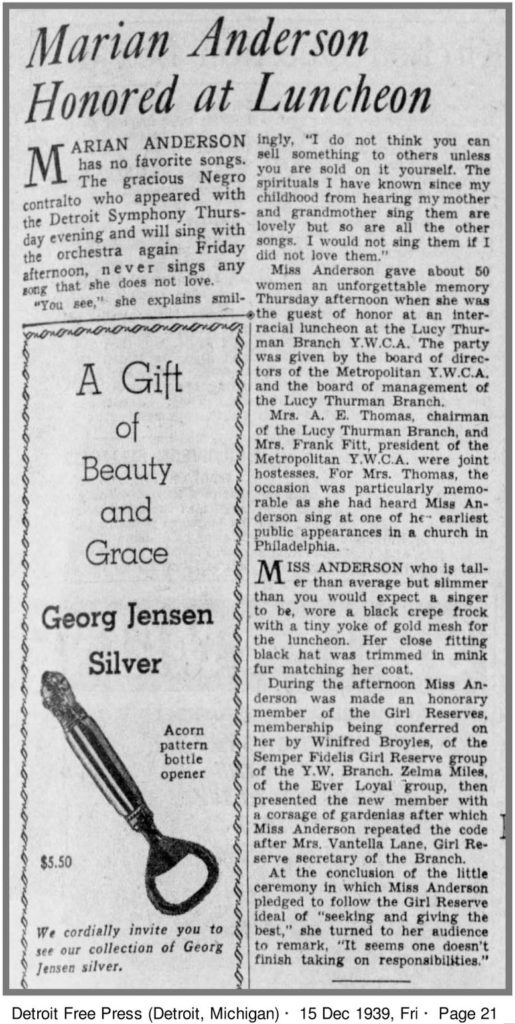This is an extra post and not a part of the A to Z Challenge. I wanted to share this post for two reasons, there is a photograph of Dee Dee’s Godfather, Jack Franklin sitting in front on the left. And even more so because finally I found a news item describing a gathering at someone’s house and they told us what food was served! I found the recipe below in The Household Searchlight Recipe Book from 1931.
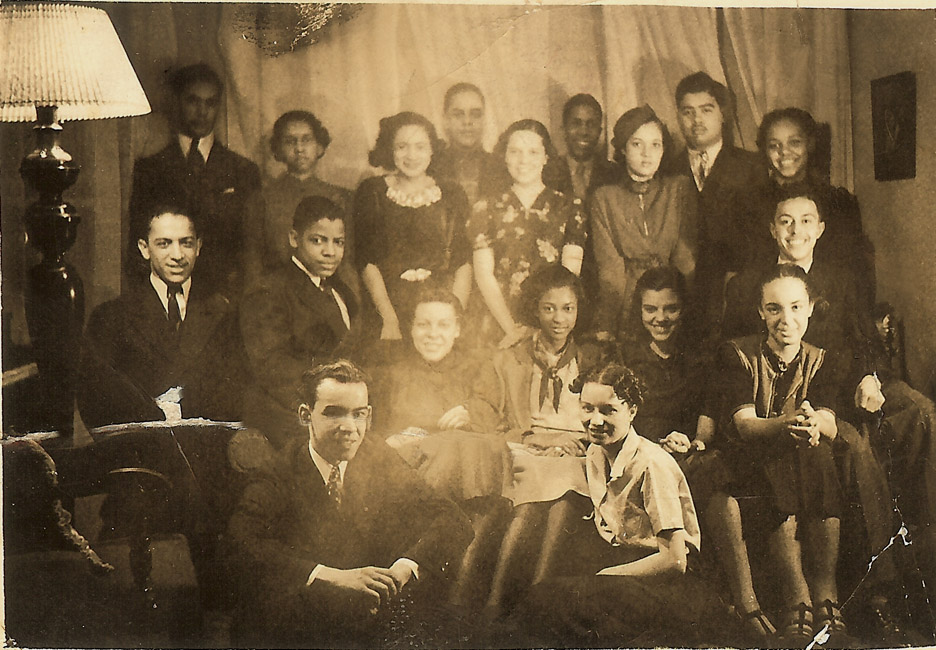
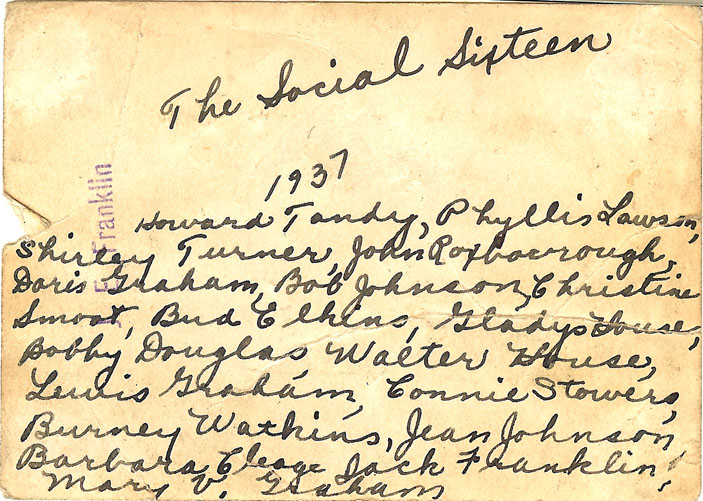
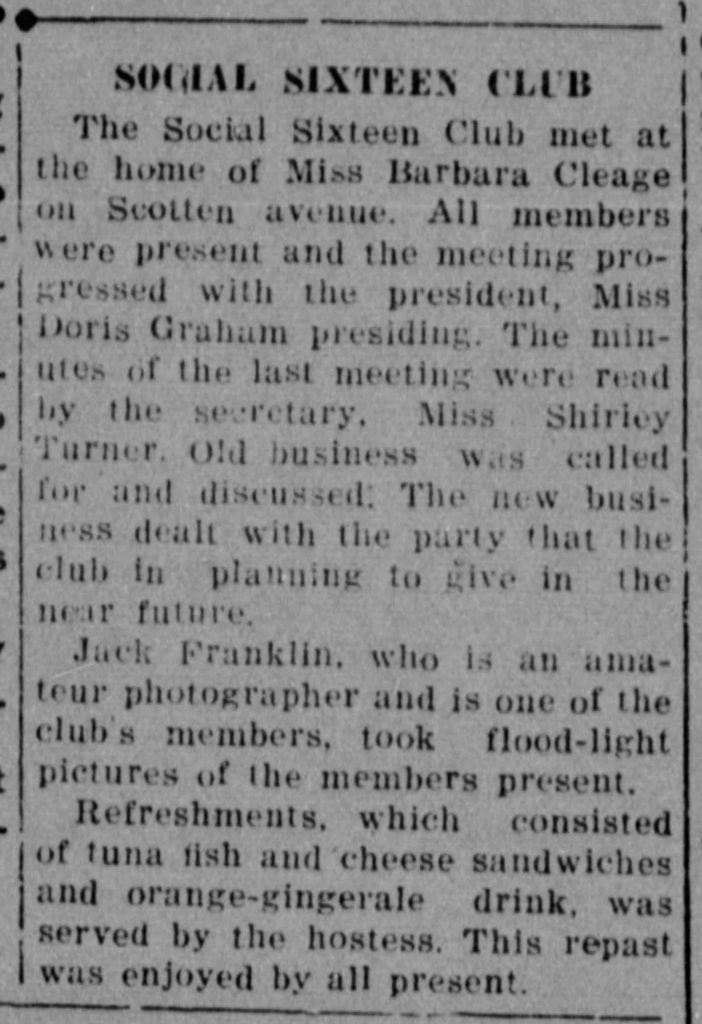
SOCIAL SIXTEEN CLUB The Social Sixteen Club met at the home of Miss Barbara Cleage on Scotten avenue. All members were present and the meeting progressed with the president, Miss Doris Graham presiding. The minutes of the last meeting were read by the secretary, Miss Shirley Turner. Old business was called for and discussed. The new business dealt with the party that the club is planning to give in the near future.
Jack Franklin, who is an amateur photographer and is one of the club’s members, took flood-light pictures of the members present.
Refreshments, which consisted of tuna fish and cheese sandwiches and orange-gingerale drink, was served by the hostess. This repast was enjoyed by all present.
———————————
I found this Sandwiches of History site where he actually makes this sandwich. I had to add it.
Cheese Tuna Sandwich (1937) on Sandwiches of History
byu/SuperHappyFunSlide inSandwichesofHistory
